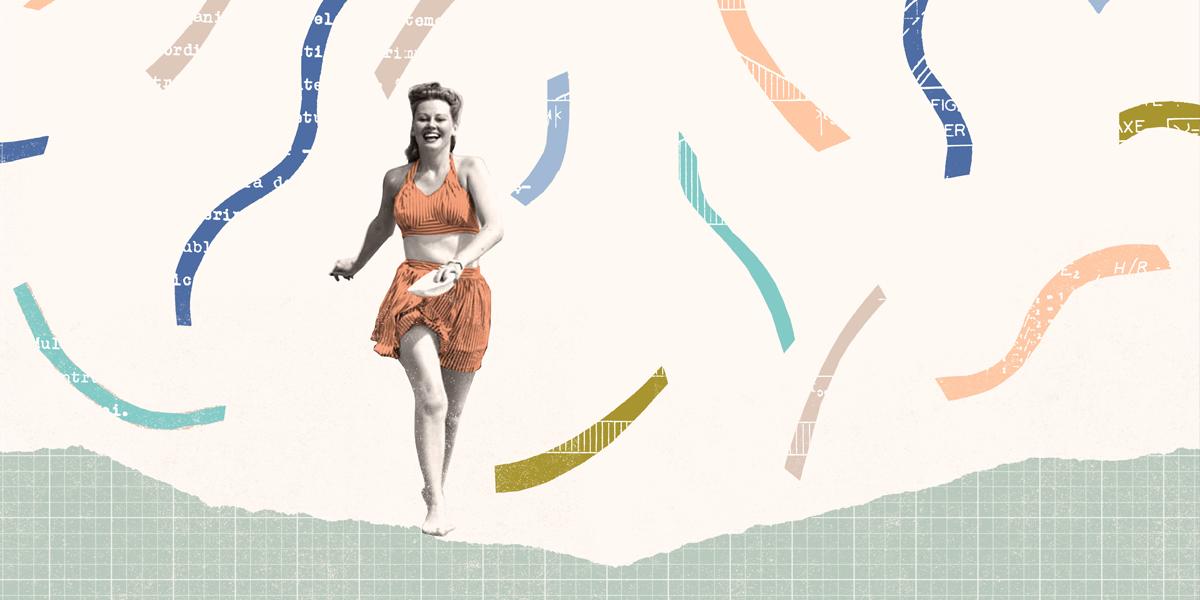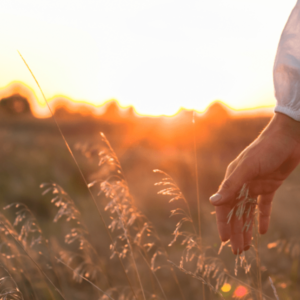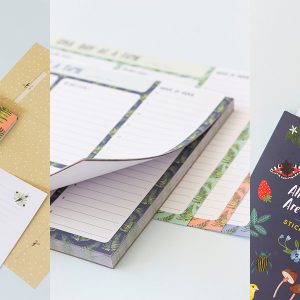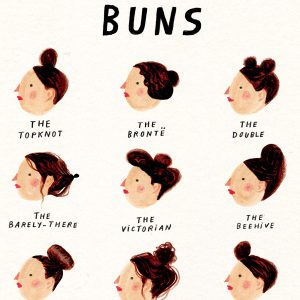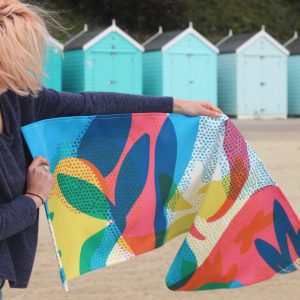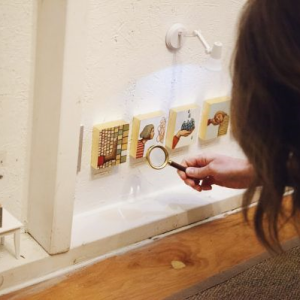Otje van der Lelij was always critical of her own body, but began loving it again when she figured out how to look at it in a different way.
“The disconnect that people can feel regarding their bodies also has to do with the attributes that we assign to certain body types,” says Canadian psychologist and body image researcher Jessica Alleva of Maastricht University in the Netherlands. “For example, we associate obesity with laziness and lack of self-control, and in our society wrinkles symbolize old age and an unhealthy lifestyle. If you have wrinkles but you still feel young, or you’re a bit overweight but not lazy in the slightest, then you don’t recognize what you see in the mirror. You become alienated from your own body.” In addition, Alleva says, women don’t look at their reflections with the friendliest of gazes. They see their body as an object and look at it with the eye of an outsider (Is my dress okay?; What do I look like to other people?).
This third-person perspective is informed by the images present everywhere in society of what an ideal body should look like. But, according to Alleva, that ideal picture is far from realistic. “Scientists think the ideal image is more unreal now than ever before,” she says. “Women must be slim, fit and muscular — but not too much so. They must have large breasts and a narrow waist, and always look young and youthful.”
It’s an almost unattainable ideal that we are confronted with every day. We scroll through the most beautiful pictures on Instagram and Facebook. Perfect bodies wave and smile at us everywhere, implicitly or explicitly selling the message that a beautiful body is important for success and happiness in love and at work. “It’s difficult not to be influenced,” Alleva says. “Even though you know that the images are unrealistic, you internalize them. You subconsciously compare your own body with the manipulated idealized image.”
I once worked at a glossy magazine myself, so I know how often the images are Photoshopped. And I think: Come on, don’t be so superficial, surely you’re not sensitive to all these images of artificial beauty any more? But maybe it affects me more than I’ve realized. I don’t exactly cheer when I’m standing in front of the mirror. And most of my vacation snapshots stay safely hidden away on my hard drive. If I spot a double chin, a roll of fat or an unattractive grimace, I immediately delete the photo. That’s not who I am, is it? Or rather, who I want to be? But those pictures probably just show me the way I actually look sometimes, the physical ‘imperfections’ that belong to me. So why do I find it so uncomfortable to be confronted with that? Nobody’s perfect, right? Surely real life includes making mistakes and being less attractive, too?
- Read the full story ‘Be kind to your body’ in issue 32.
Text Otje van der Lelij Illustration Lucy Driscoll


